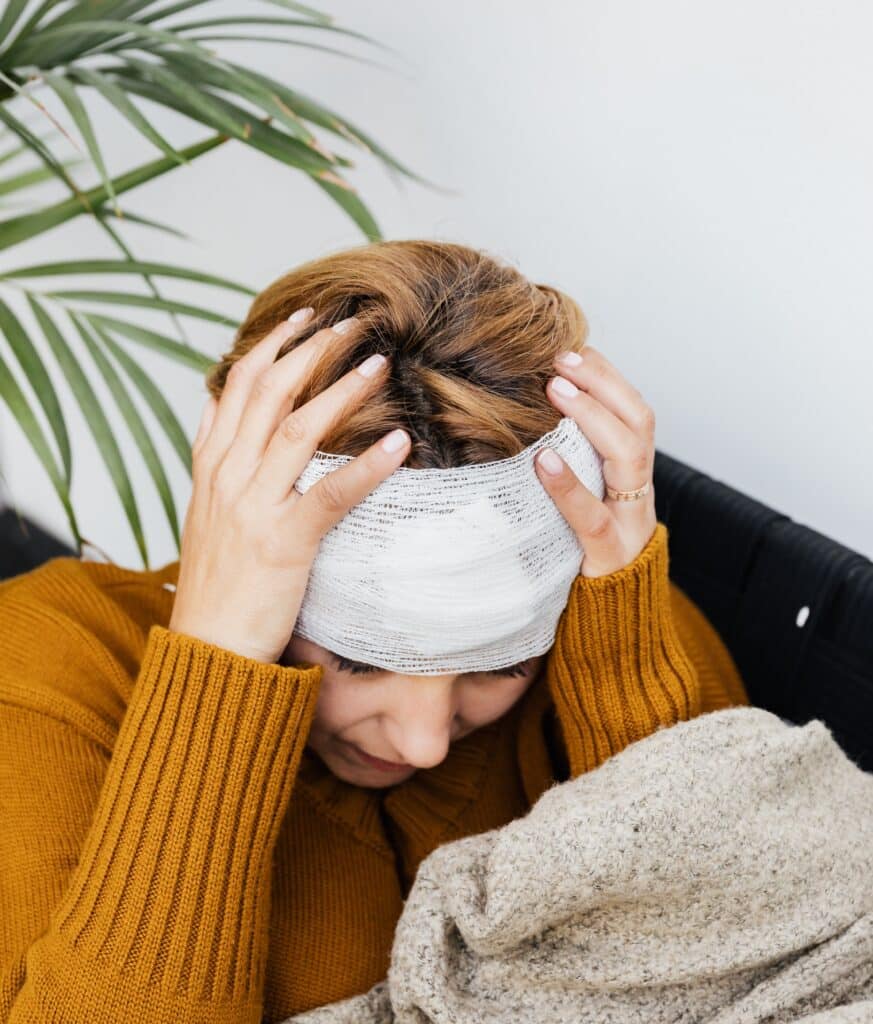Acquired Brain Injury (ABI)
An acquired brain injury is damage to the brain that occurs after birth from a traumatic or non-traumatic event. It can include damage sustained by infection, disease, lack of oxygen or a blow to the head. An Acquired Brain Injury (ABI) is the umbrella term for all brain injuries.
How does ABI affect a person?
Traumatic Brain Injury (TBI)
Traumatic brain injury is damage to the brain caused by a traumatic event such as a blow to the head, a fall, a motor vehicle or sports related injury. When there is a hard blow to the head, the brain slams against the skull, which leads to physical injuries such as bruising, swelling, or bleeding. The severity of the injury ranges from a temporary loss of consciousness, to a long-term period of unconsciousness or coma.
Non-Traumatic Brain Injury (nTBI)
Non-traumatic brain injury is damage to the brain caused by internal factors, such as lack of oxygen to the brain (anoxia), illness such as meningitis or encephalitis, or stroke.

Concussion
What You Need To Know
If you think you have a concussion, see a medical doctor or nurse practitioner to be diagnosed. After a concussion, rest for the first 24-48 hours, then gradually return to daily activities. As you start to feel better, it’s important to get back to doing your normal activities. Be aware of your symptoms, but know that you don’t need to be symptom-free before trying to get back to your routine.
Every patient diagnosed with a concussion should receive a follow-up (usually from their family doctor) within 1-2 weeks. Most people who experience a concussion make a full recovery within 4 weeks. If you aren’t getting better, talk to your family doctor so that they can refer you to a healthcare provider with experience managing your specific concussion symptoms.

Concussion FAQ
Managing Persistent Post Concussion Symptoms
Please click the button below to review the booklet developed by the University Health Network and Canadian Concussion Centre.
Quick Links
Donate
We need your help! Your donation will directly support our clients by sustaining and expanding our programs and services.
Contact Us
6835 Century Avenue,
Suite 201, Mississauga,
Ontario L5N 7K2
